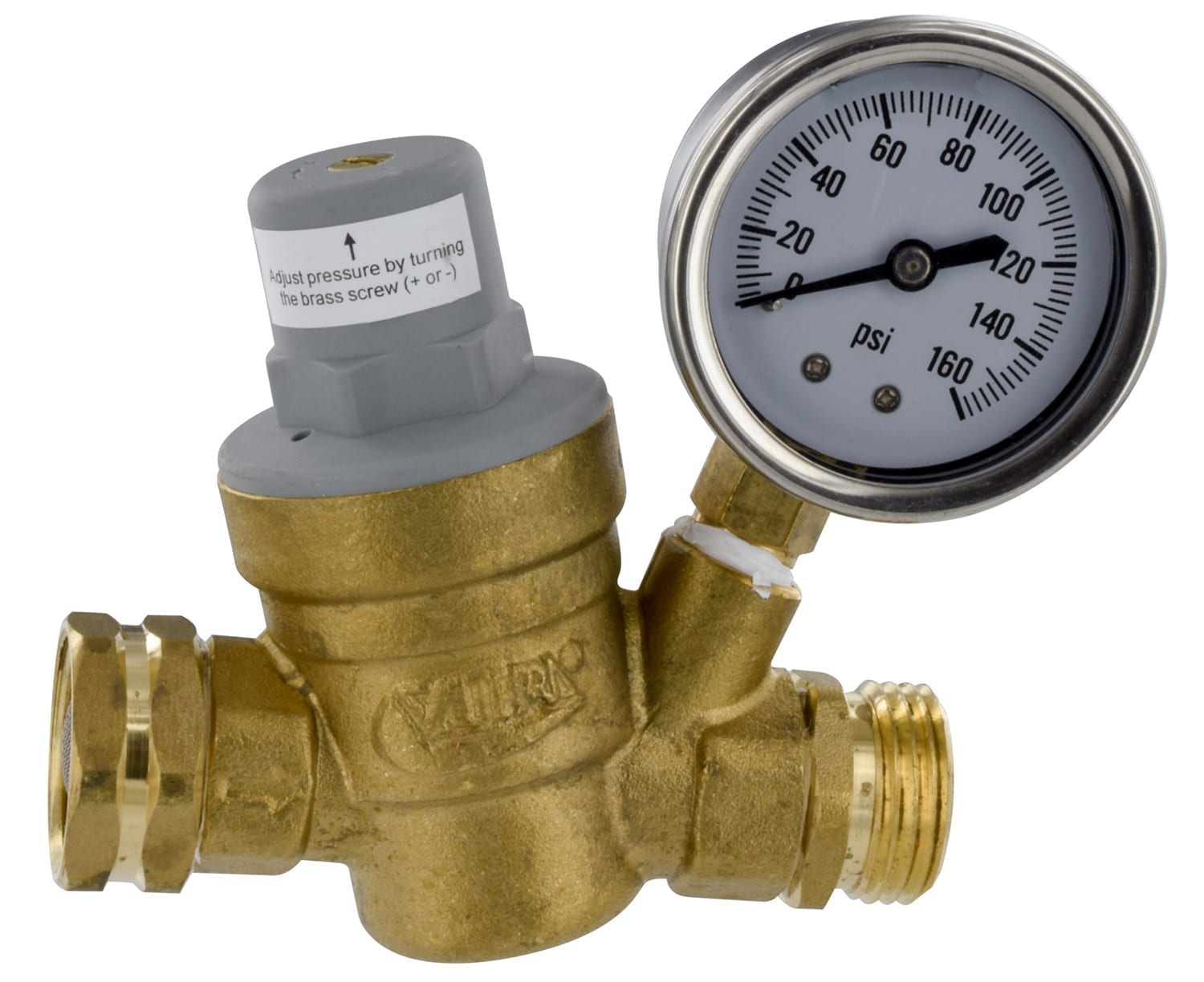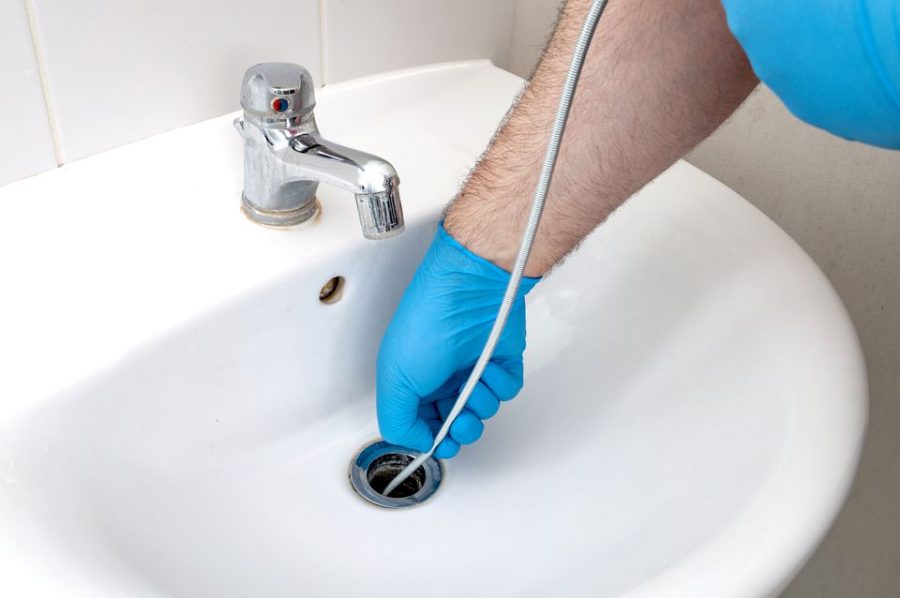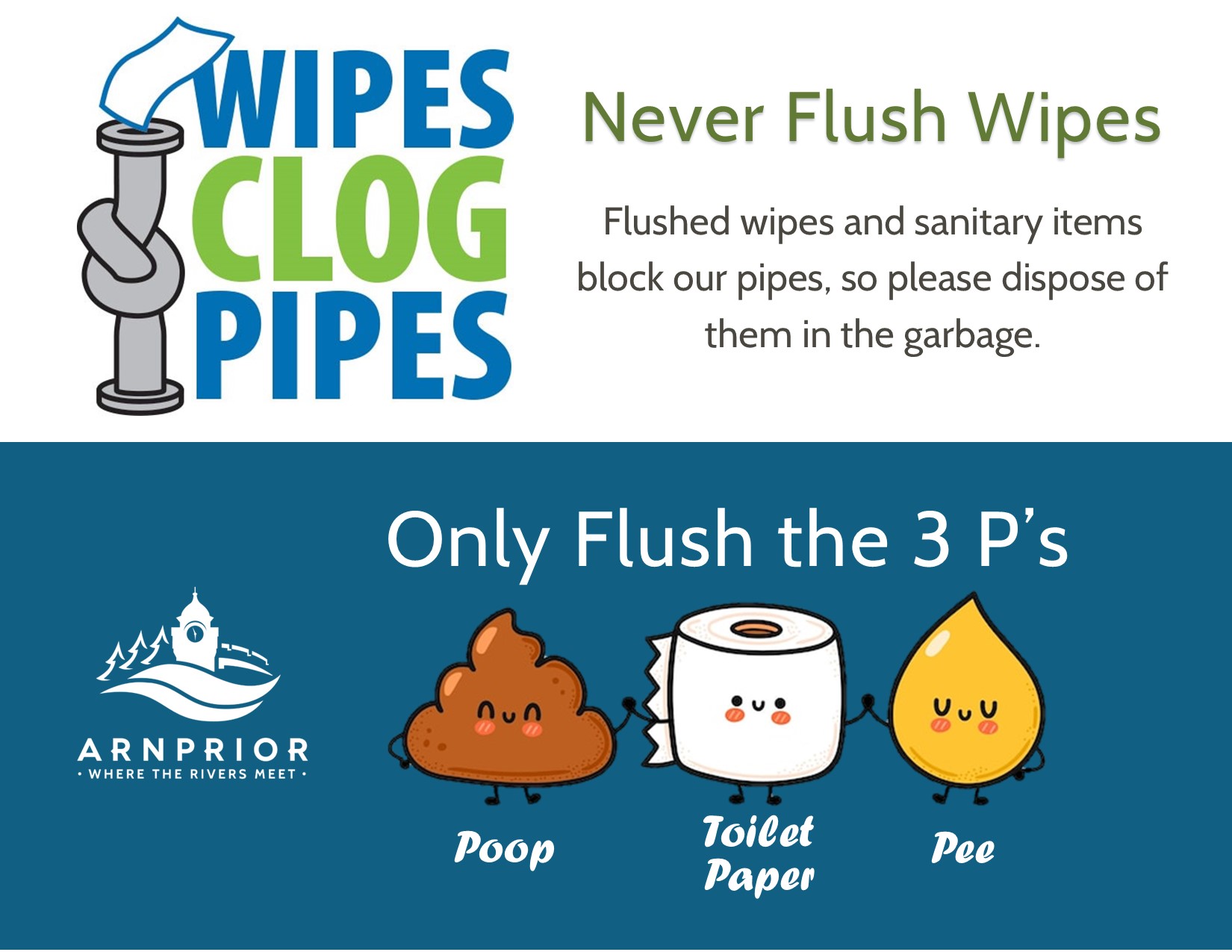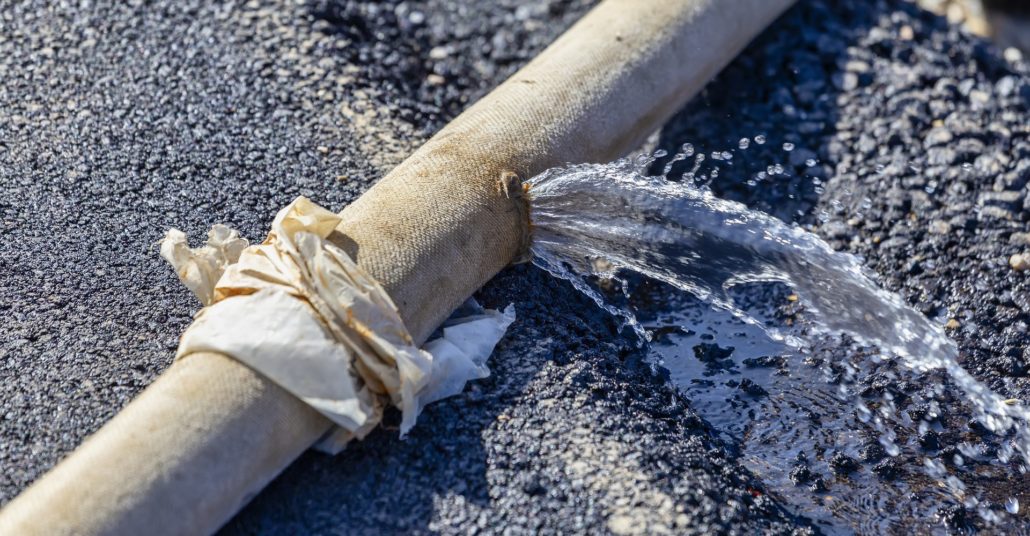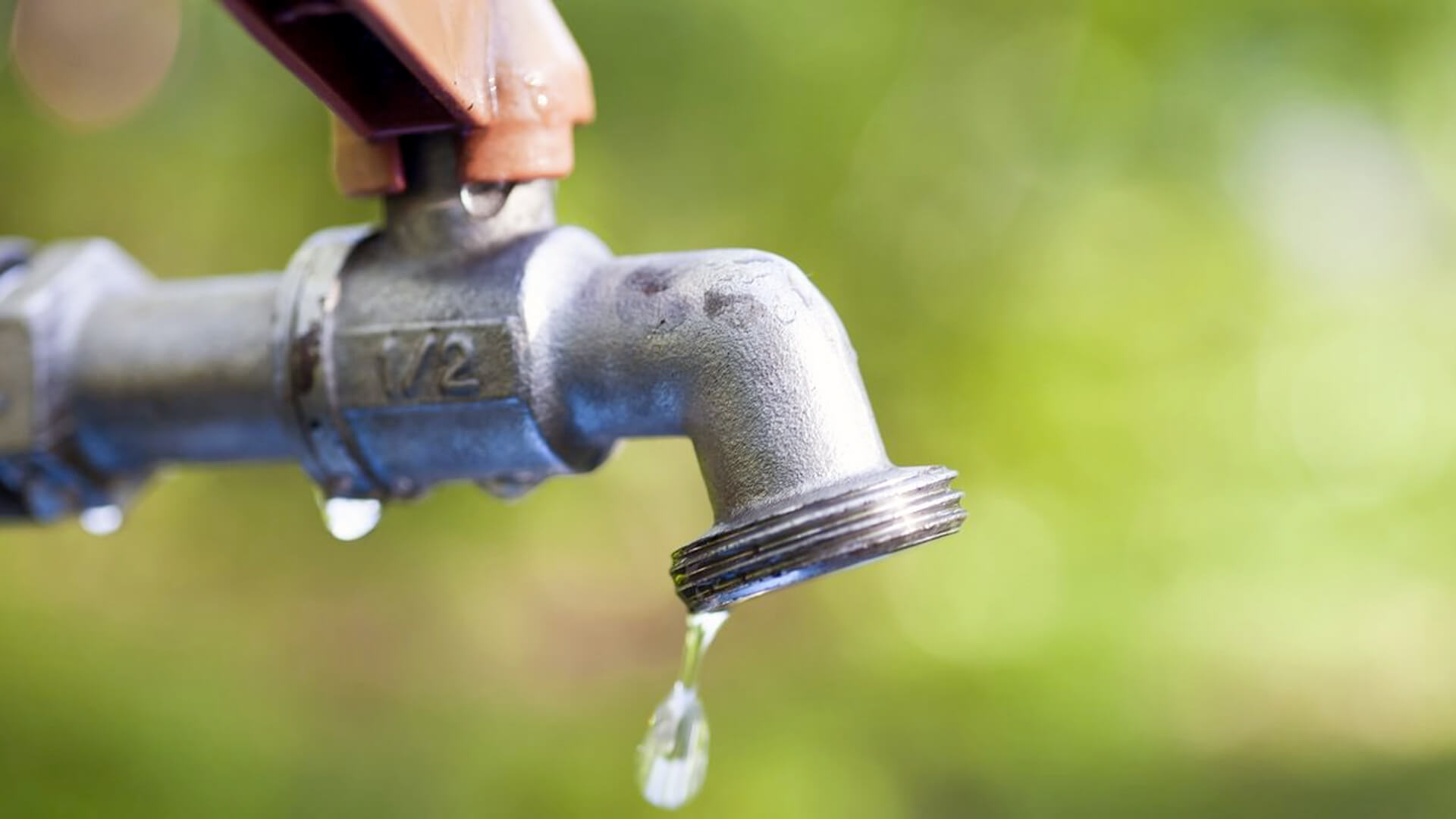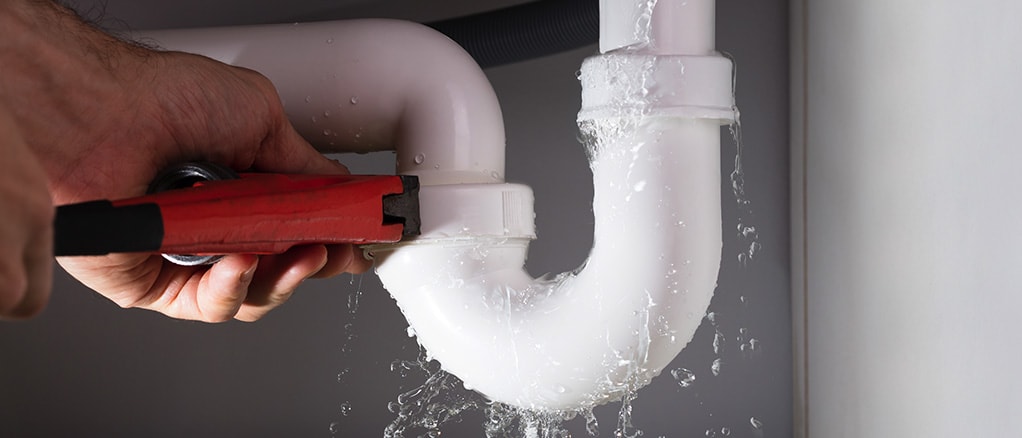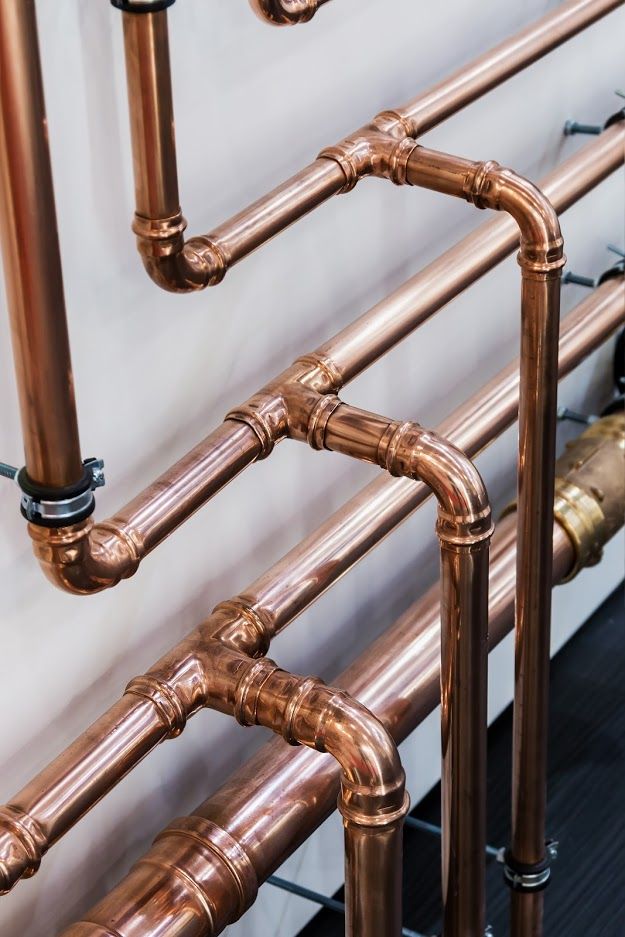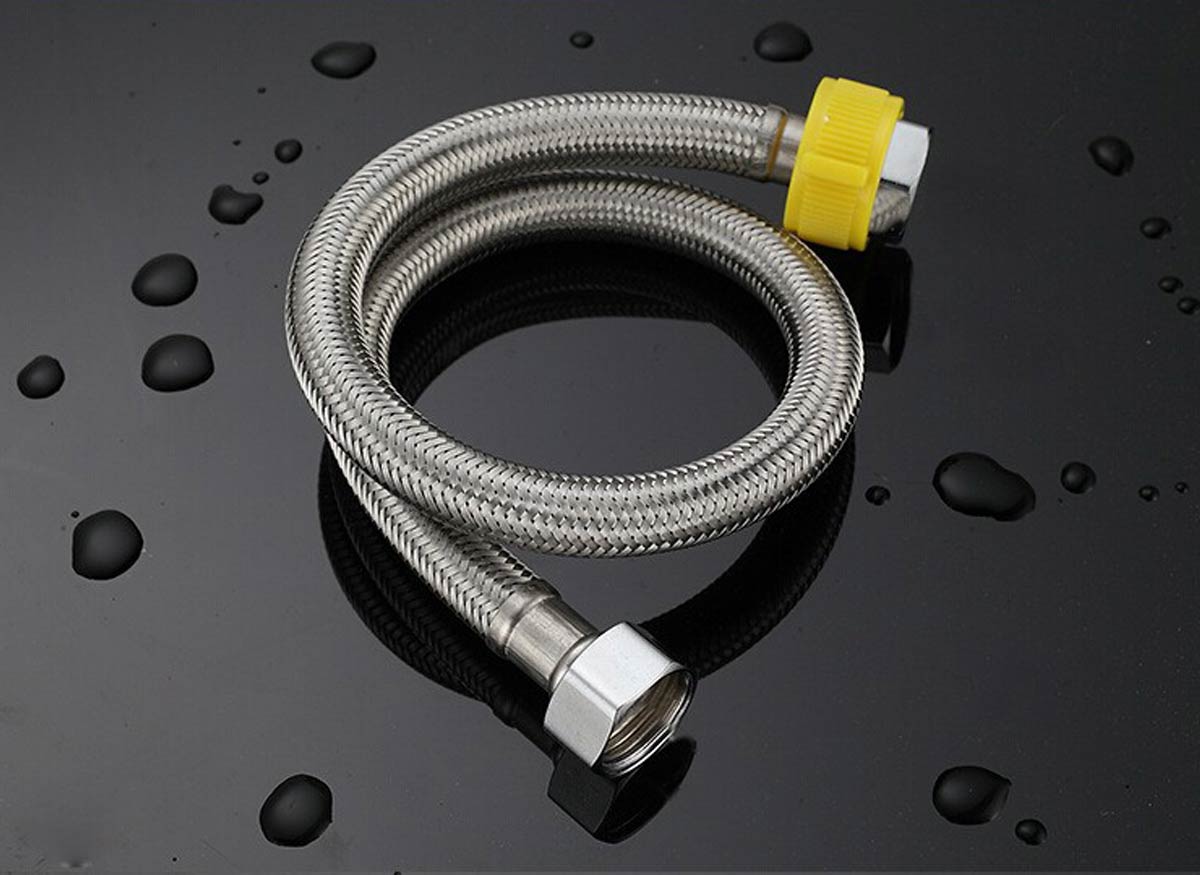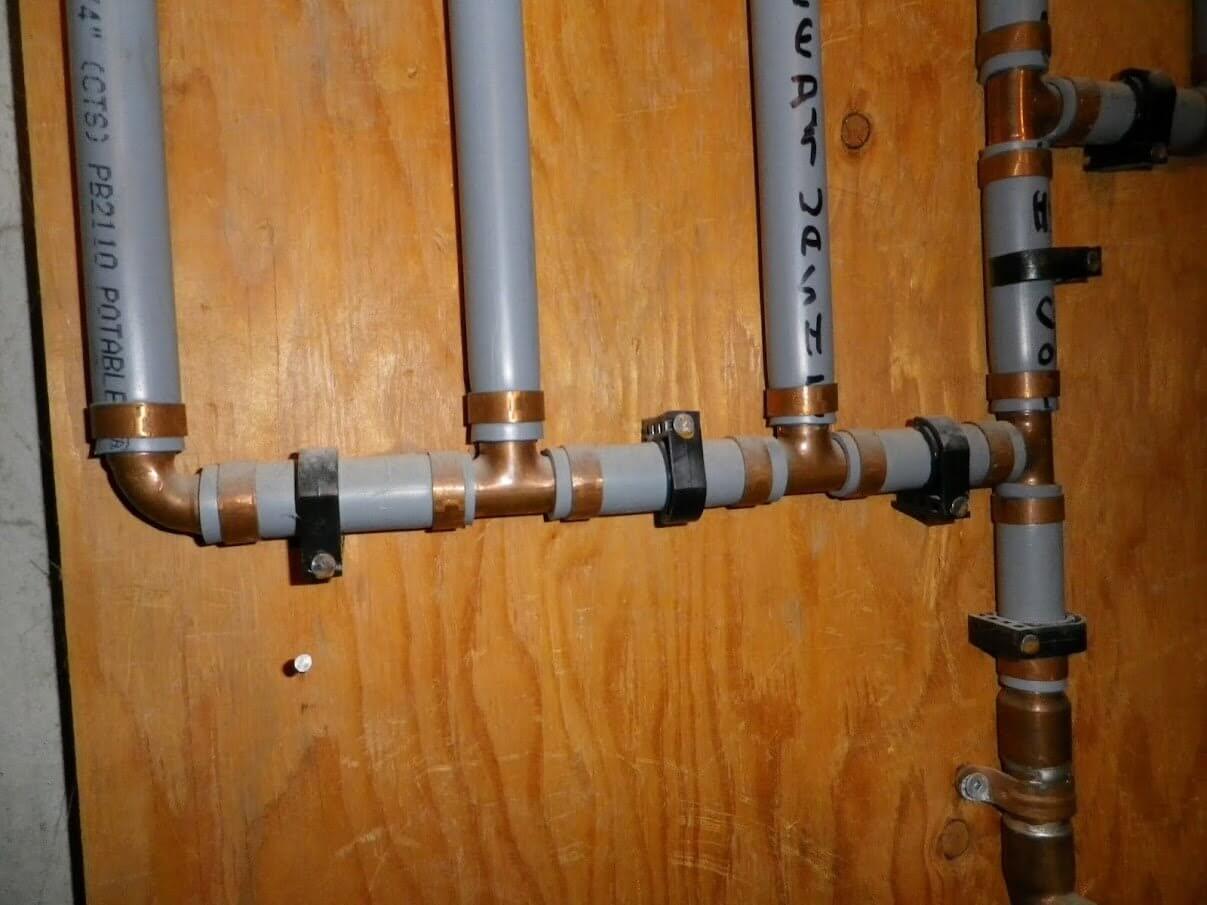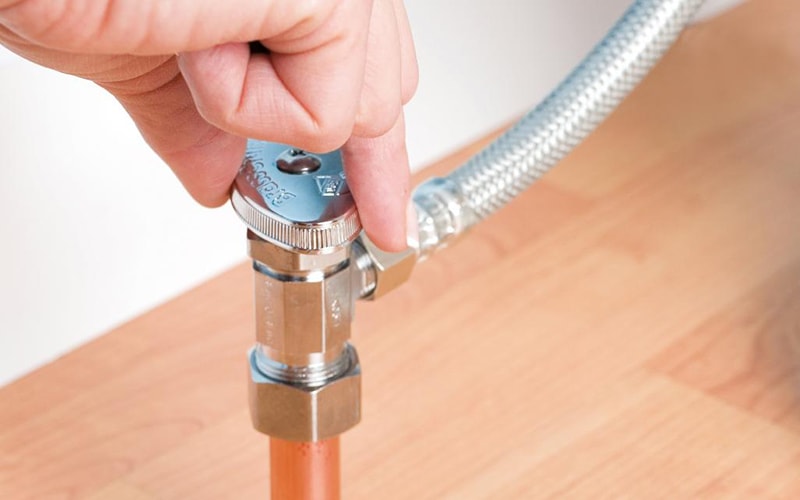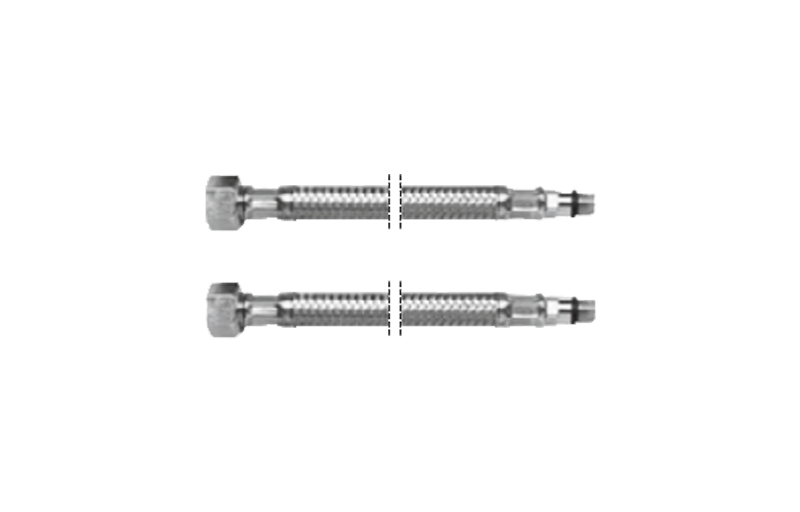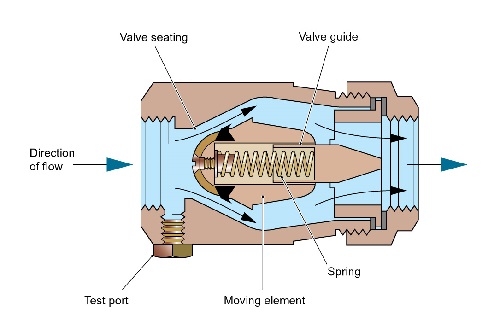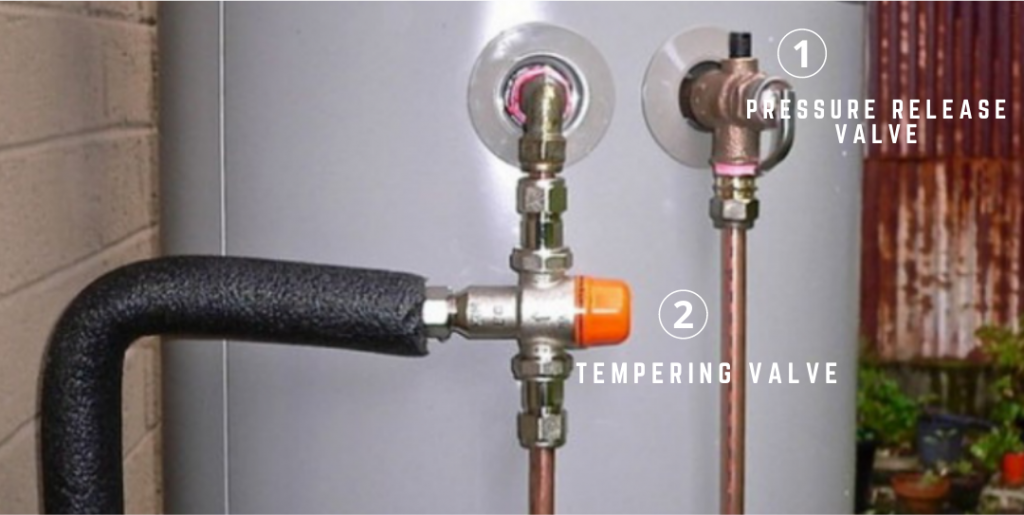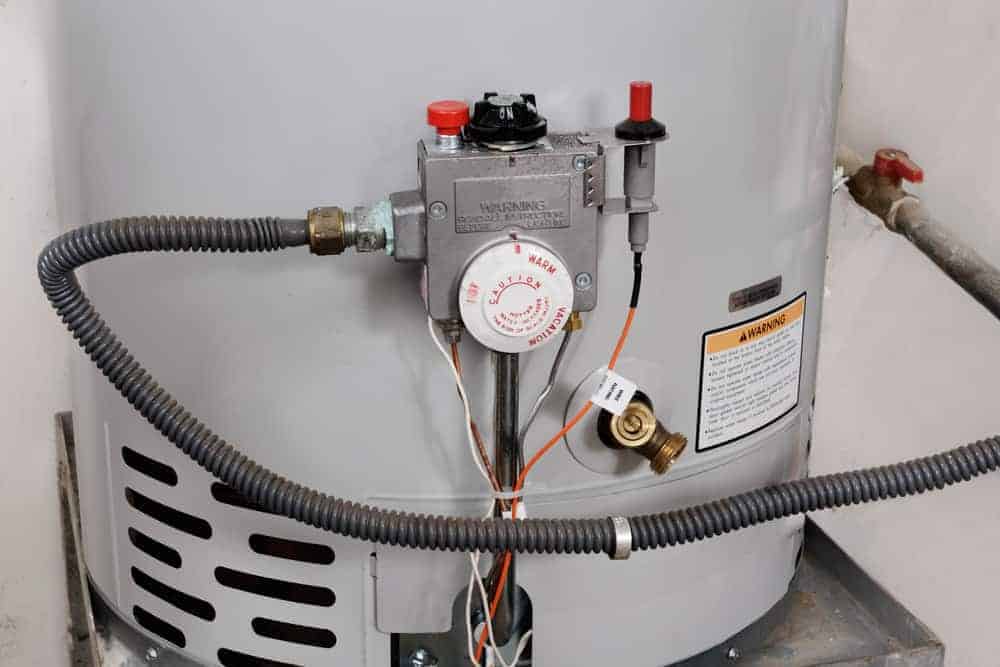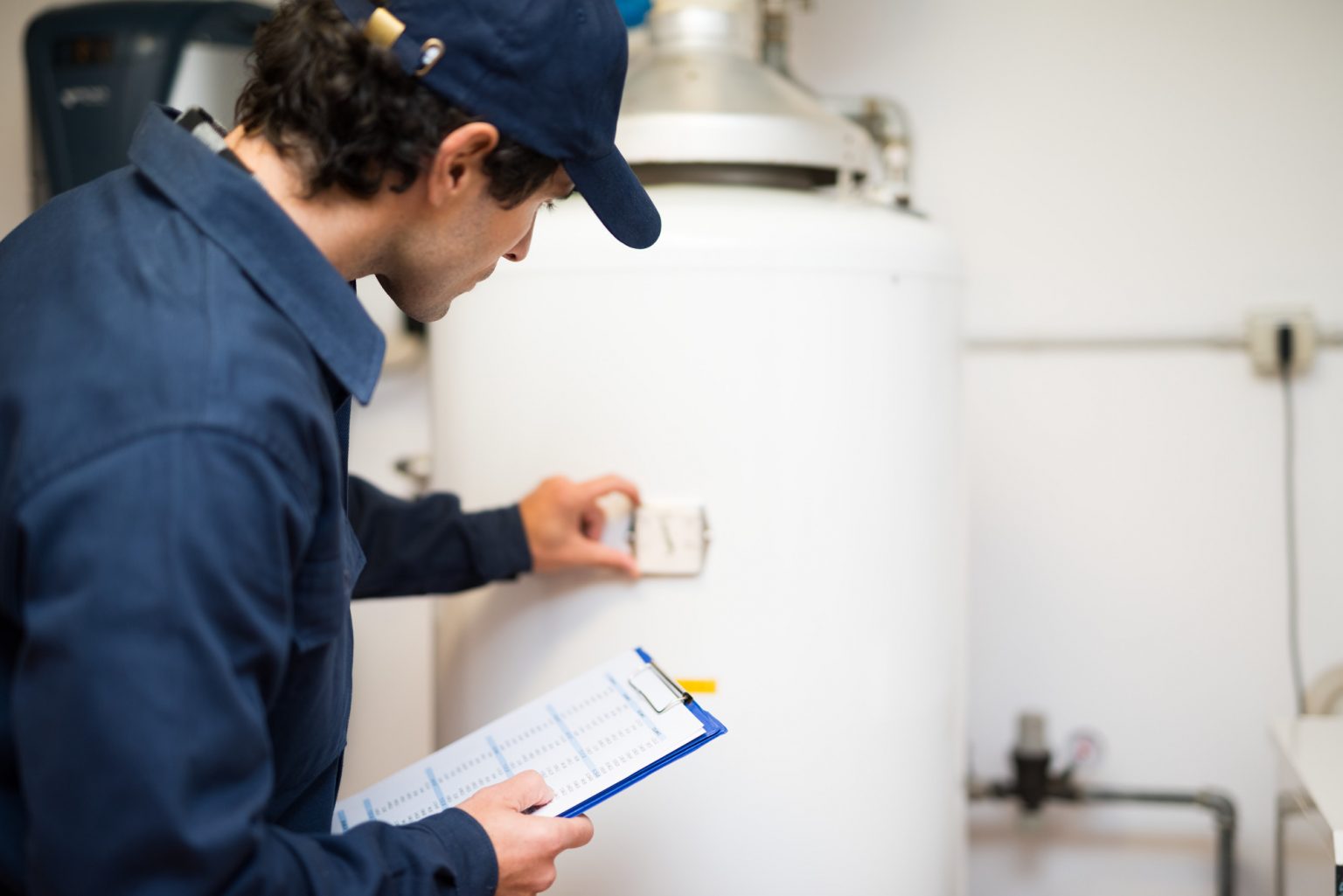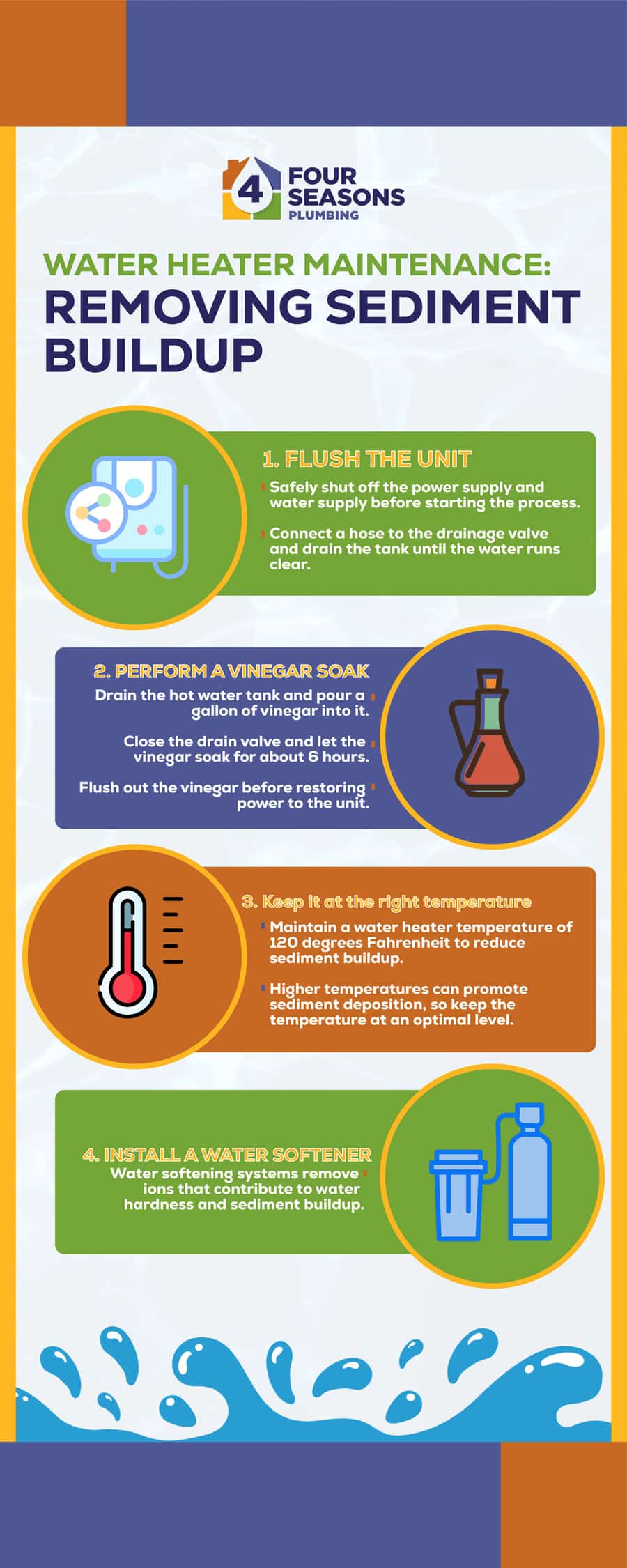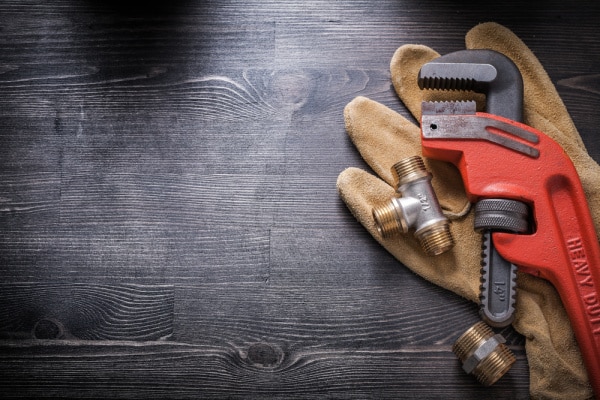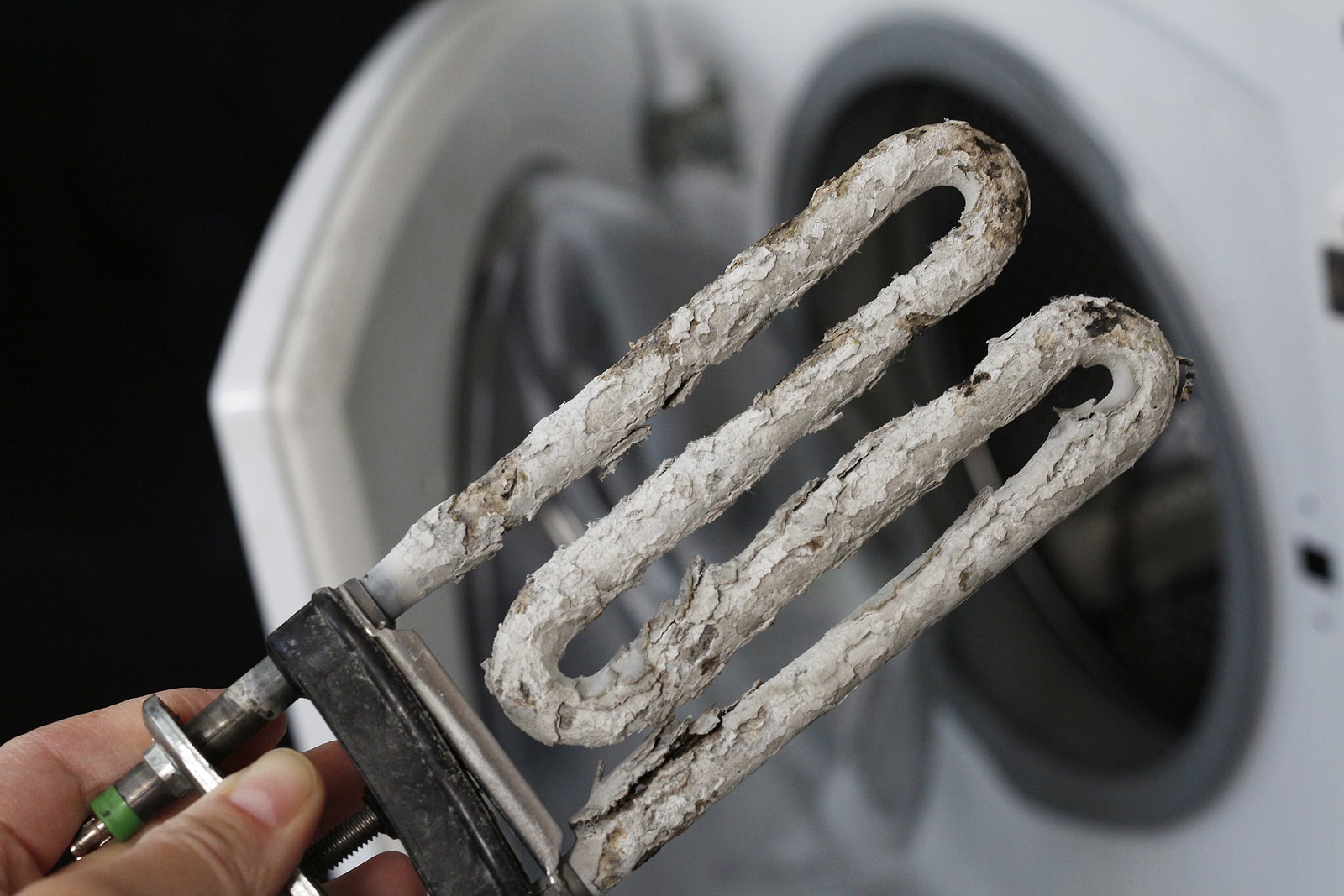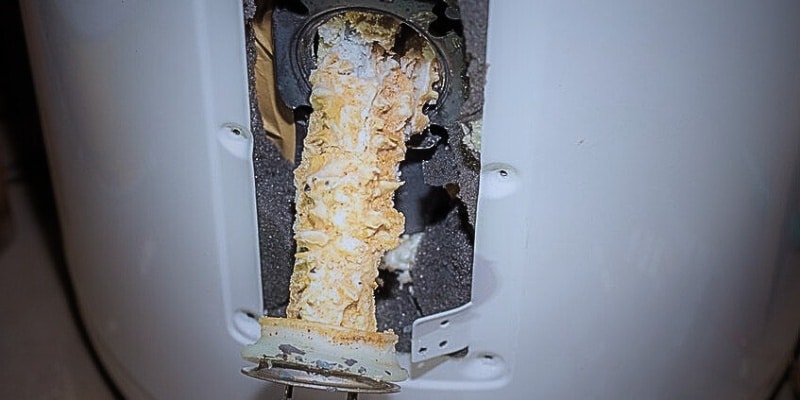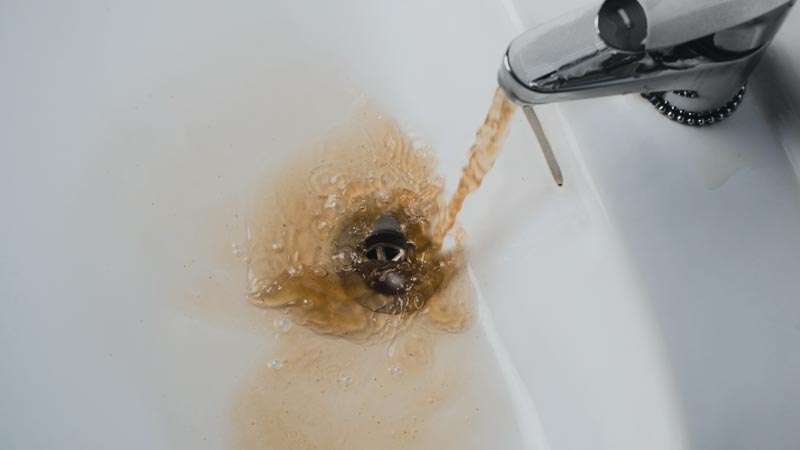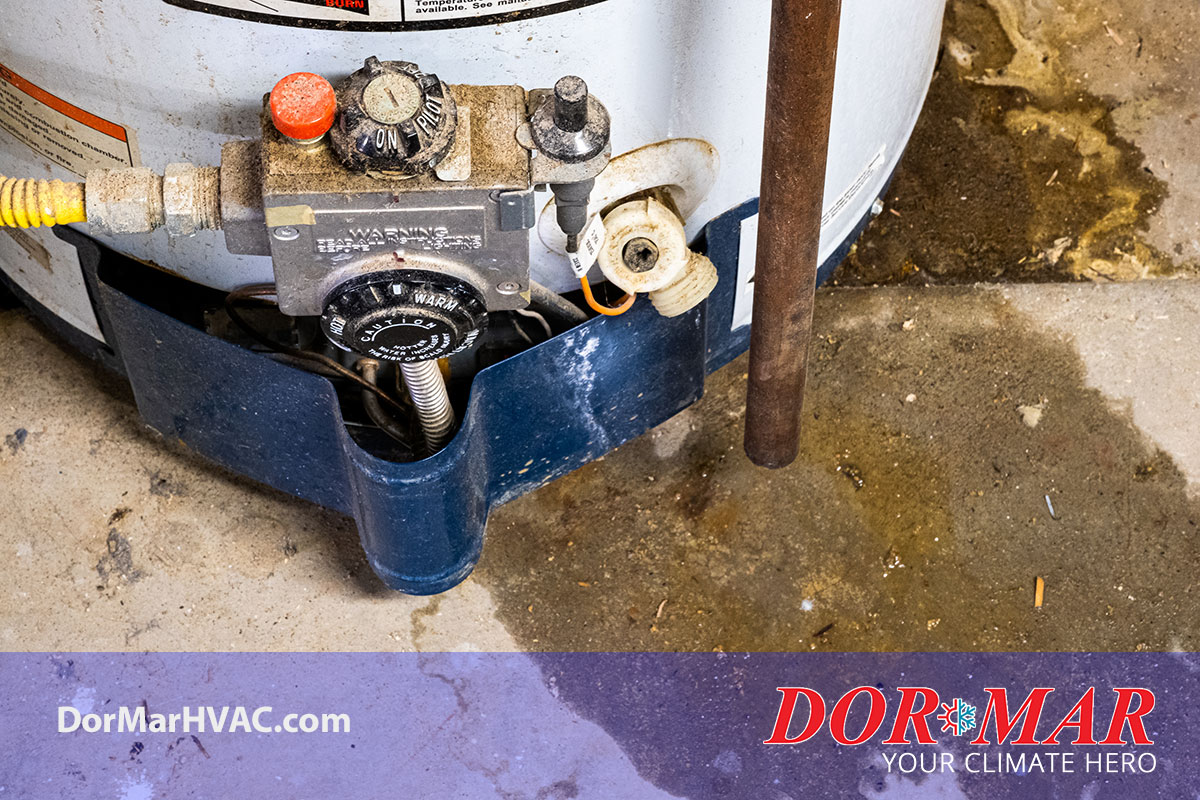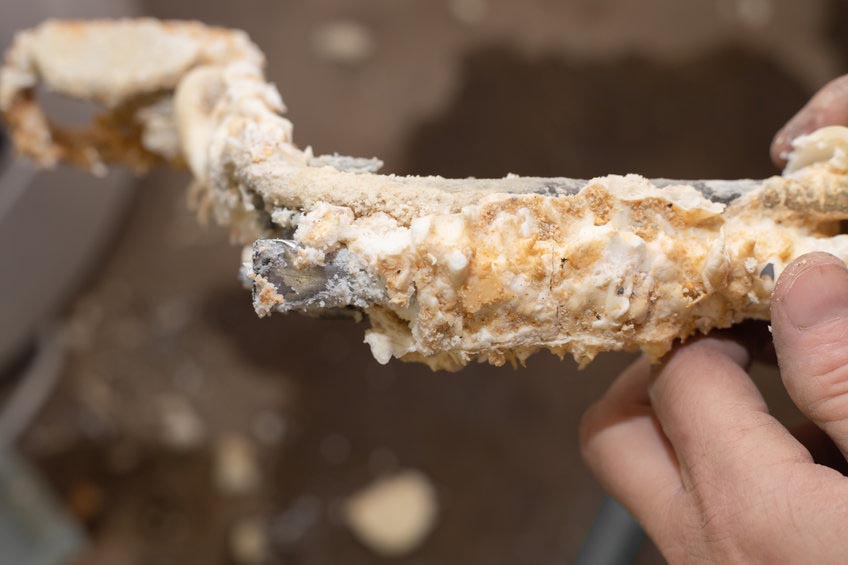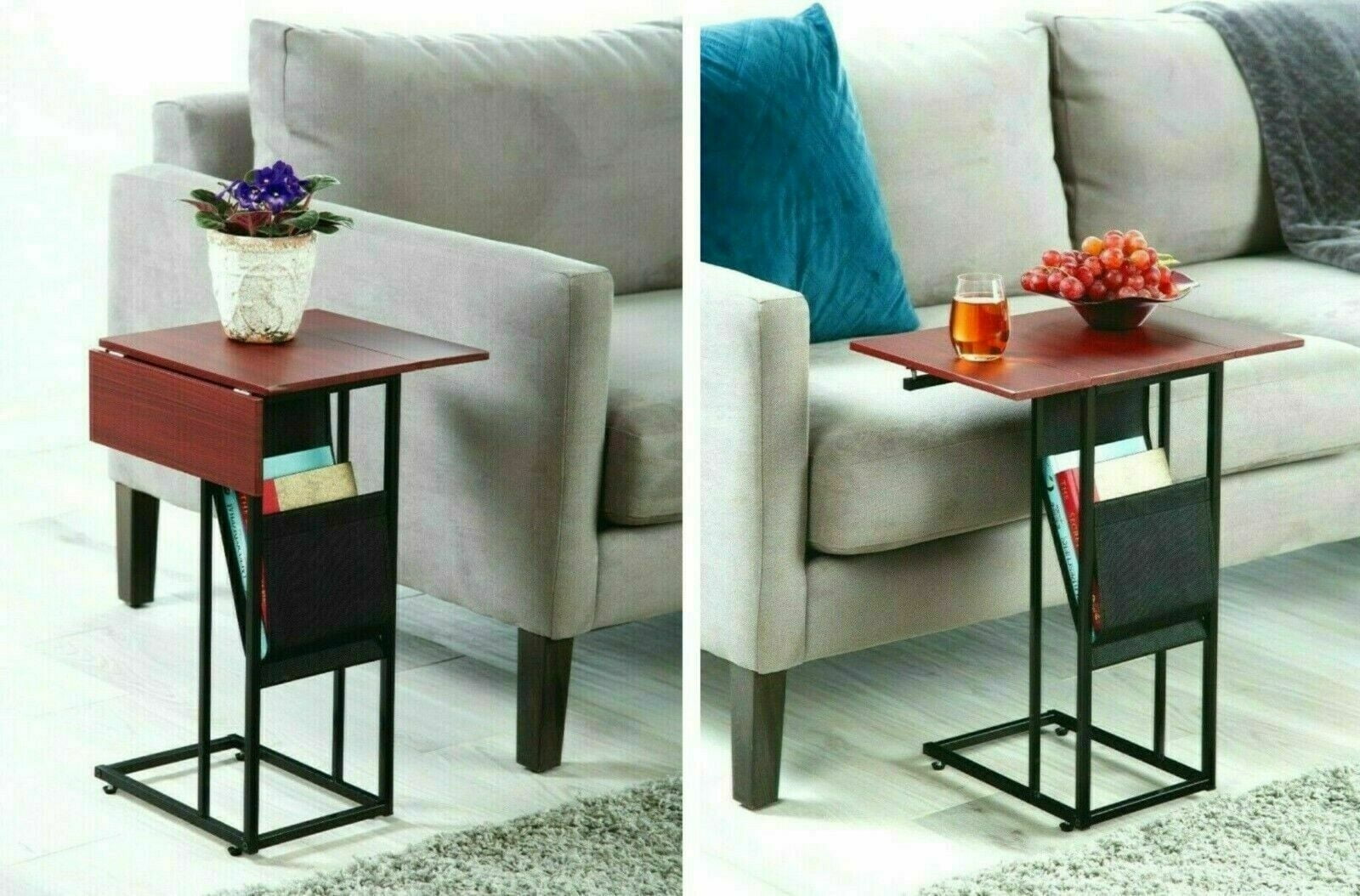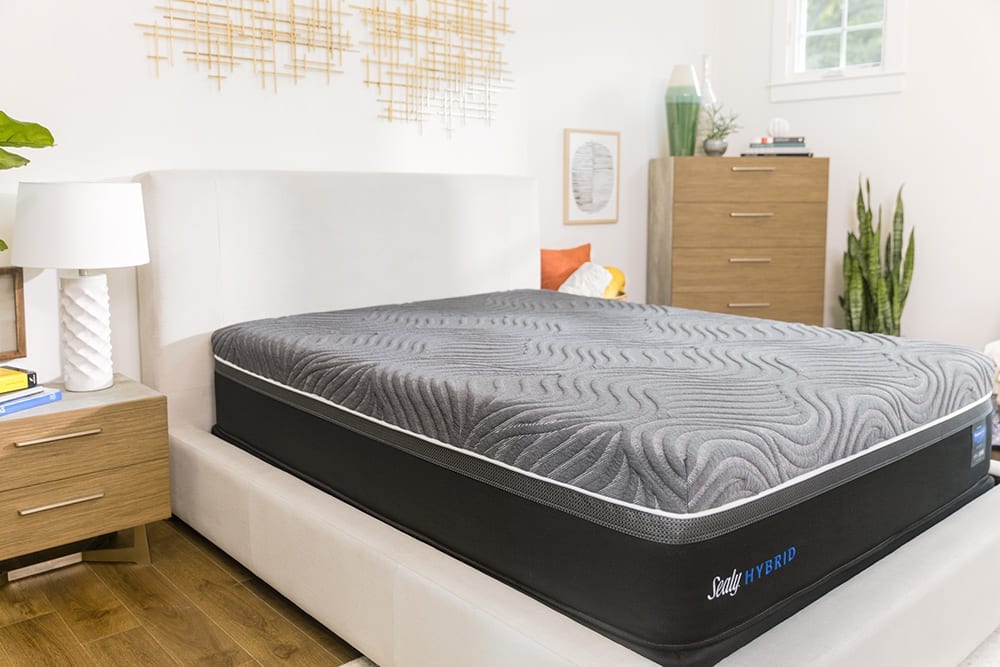If you're experiencing low water pressure in your kitchen sink, one of the first things you should check is the aerator. This small device is attached to the end of your faucet and helps to regulate the flow of water. Over time, it can become clogged with mineral deposits or debris, leading to reduced water pressure. To check your aerator, simply unscrew it from the faucet and clean it thoroughly with a mixture of water and vinegar. This will help to remove any buildup and restore proper water flow. If the aerator is damaged or too clogged to clean, consider replacing it with a new one.Check the aerator
Another potential culprit for low water pressure in your kitchen sink is the shut-off valves. These valves control the flow of water to your sink and can become partially closed over time, leading to decreased water pressure. To check the shut-off valves, locate them under your sink and make sure they are fully open. If they are partially closed, open them all the way and see if that improves the water pressure. If the valves are damaged or not functioning properly, they may need to be replaced.Check the shut-off valves
If your kitchen sink has hot water only and low water pressure, the issue may lie with your water heater. Check to see if your water heater is set to a high enough temperature to provide hot water to your sink. If the temperature is too low, you may only be getting lukewarm water and not enough pressure. You should also check the water heater for any leaks or damage that could be affecting its performance. If you notice any issues, it's best to call a professional plumber to inspect and repair your water heater.Check the water heater
Your home's water pressure regulator is responsible for controlling the pressure of the water coming into your house. If this regulator is not functioning properly, it can lead to low water pressure in your kitchen sink. To check the water pressure regulator, you will need a pressure gauge. Attach it to an outdoor spigot and turn the water on to get a reading. If the pressure is below 40 psi, your regulator may need to be adjusted or replaced. It's best to call a professional plumber for this task.Check the water pressure regulator
Clogs in your pipes can also cause low water pressure in your kitchen sink. Over time, debris, mineral deposits, and even hair can build up in your pipes, restricting the flow of water. To check for clogs, you can use a plunger or a plumbing snake to try and clear the blockage. If this doesn't work, you may need to call a professional plumber for more advanced methods of clearing the clog.Check for clogs in the pipes
Along with clogs, leaks in your pipes can also contribute to low water pressure in your kitchen sink. Even a small leak can significantly impact the water flow, so it's essential to check for and fix any leaks as soon as possible. To check for leaks, inspect all visible pipes under your sink for any signs of water. If you notice any leaks, you will need to repair or replace the affected pipes to restore proper water pressure.Check for leaks in the pipes
The water supply line is the pipe that runs from your main water line to your kitchen sink. If there is an issue with this line, it can lead to low water pressure in your sink. To check the water supply line, turn off the water supply and detach the line from your sink. Inspect it for any damage or clogs and clean or replace as needed. You may want to call a professional plumber for this task, as it can be a bit more complicated.Check the water supply line
If your kitchen sink is only producing hot water and not cold, the issue may lie with the hot water valve. This valve controls the flow of hot water to your sink and can become damaged or stuck over time. To check the hot water valve, locate it underneath your sink and make sure it is open. If it is closed or damaged, it may need to be replaced. You can also try turning the valve on and off a few times to see if that helps restore proper water pressure.Check the hot water valve
Similar to checking the water heater, you should also make sure the hot water heater temperature is set high enough to provide hot water to your kitchen sink. If the temperature is too low, you may only be getting lukewarm water and not enough pressure. You can adjust the temperature on your hot water heater to see if that improves the water pressure. Keep in mind that the recommended temperature for hot water is between 120-140 degrees Fahrenheit.Check the hot water heater temperature
Lastly, if you have a hot water tank, sediment buildup can also contribute to low water pressure in your kitchen sink. Over time, minerals and debris can accumulate at the bottom of the tank, affecting its performance. To check for sediment buildup, turn off the power to your hot water tank and drain a few gallons of water from the tank. If you notice a significant amount of sediment, you may need to flush out the tank or consider replacing it altogether. In conclusion, if you're experiencing low water pressure in your kitchen sink, there are several potential causes to consider. By checking these 10 main factors, you can troubleshoot and fix the issue, ensuring proper water flow and pressure in your sink.Check for sediment buildup in the hot water tank
Understanding the Causes of Low Hot Water Pressure in Kitchen Sinks

The Importance of Adequate Water Pressure in the Kitchen
 The kitchen is the heart of the home, where we prepare meals, wash dishes, and fill up our glasses with water. So, it's no surprise that having adequate water pressure in the kitchen is crucial for a smooth and efficient daily routine. However, when you turn on your kitchen sink's
hot water
and notice that the pressure is significantly lower than the cold water, it can be quite frustrating. Not only can it take longer to fill up pots and pans, but it can also affect the performance of your dishwasher and other appliances.
The kitchen is the heart of the home, where we prepare meals, wash dishes, and fill up our glasses with water. So, it's no surprise that having adequate water pressure in the kitchen is crucial for a smooth and efficient daily routine. However, when you turn on your kitchen sink's
hot water
and notice that the pressure is significantly lower than the cold water, it can be quite frustrating. Not only can it take longer to fill up pots and pans, but it can also affect the performance of your dishwasher and other appliances.
Common Causes of Low Hot Water Pressure in Kitchen Sinks
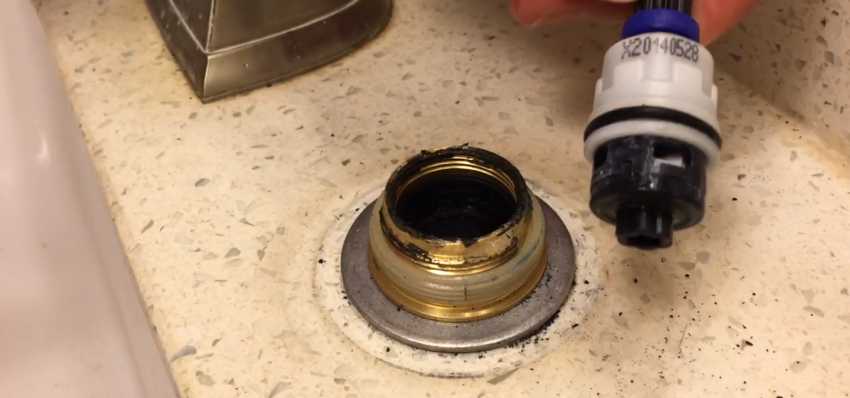 There are a few potential reasons why your kitchen sink's hot water pressure may be low. The most common cause is a blockage in the hot water supply line, which can be caused by mineral deposits, rust, or debris buildup over time. Another possible reason is a faulty or outdated water heater that is not able to keep up with the demand for hot water. Additionally, if you live in an older house, the plumbing system may be outdated and unable to handle the water pressure needed for modern appliances.
There are a few potential reasons why your kitchen sink's hot water pressure may be low. The most common cause is a blockage in the hot water supply line, which can be caused by mineral deposits, rust, or debris buildup over time. Another possible reason is a faulty or outdated water heater that is not able to keep up with the demand for hot water. Additionally, if you live in an older house, the plumbing system may be outdated and unable to handle the water pressure needed for modern appliances.
How to Fix Low Hot Water Pressure in Kitchen Sinks
 To resolve the issue of low hot water pressure in your kitchen sink, the first step is to identify the cause. If it is a blockage in the hot water supply line, you may need to call a professional plumber to remove the buildup and restore the water flow. If your water heater is the problem, consider upgrading to a newer and more efficient model. For older homes with outdated plumbing systems, it may be necessary to replace the pipes to improve water pressure.
To resolve the issue of low hot water pressure in your kitchen sink, the first step is to identify the cause. If it is a blockage in the hot water supply line, you may need to call a professional plumber to remove the buildup and restore the water flow. If your water heater is the problem, consider upgrading to a newer and more efficient model. For older homes with outdated plumbing systems, it may be necessary to replace the pipes to improve water pressure.
Maintaining Adequate Hot Water Pressure in the Kitchen
 Prevention is always better than a cure, so it's important to maintain your kitchen's hot water pressure to avoid future issues. Regularly flushing out your water heater and cleaning the faucet aerators can help prevent buildup and blockages. If you notice any changes in your water pressure, have it checked by a professional to catch any potential problems early on.
In conclusion, low hot water pressure in kitchen sinks can be caused by various factors, but it is a common issue that can be resolved with proper maintenance and timely repairs. Don't hesitate to seek professional help if you are experiencing consistently low water pressure, as it can greatly impact your daily activities. By understanding the causes and taking preventative measures, you can ensure that your kitchen runs smoothly and efficiently for years to come.
Prevention is always better than a cure, so it's important to maintain your kitchen's hot water pressure to avoid future issues. Regularly flushing out your water heater and cleaning the faucet aerators can help prevent buildup and blockages. If you notice any changes in your water pressure, have it checked by a professional to catch any potential problems early on.
In conclusion, low hot water pressure in kitchen sinks can be caused by various factors, but it is a common issue that can be resolved with proper maintenance and timely repairs. Don't hesitate to seek professional help if you are experiencing consistently low water pressure, as it can greatly impact your daily activities. By understanding the causes and taking preventative measures, you can ensure that your kitchen runs smoothly and efficiently for years to come.



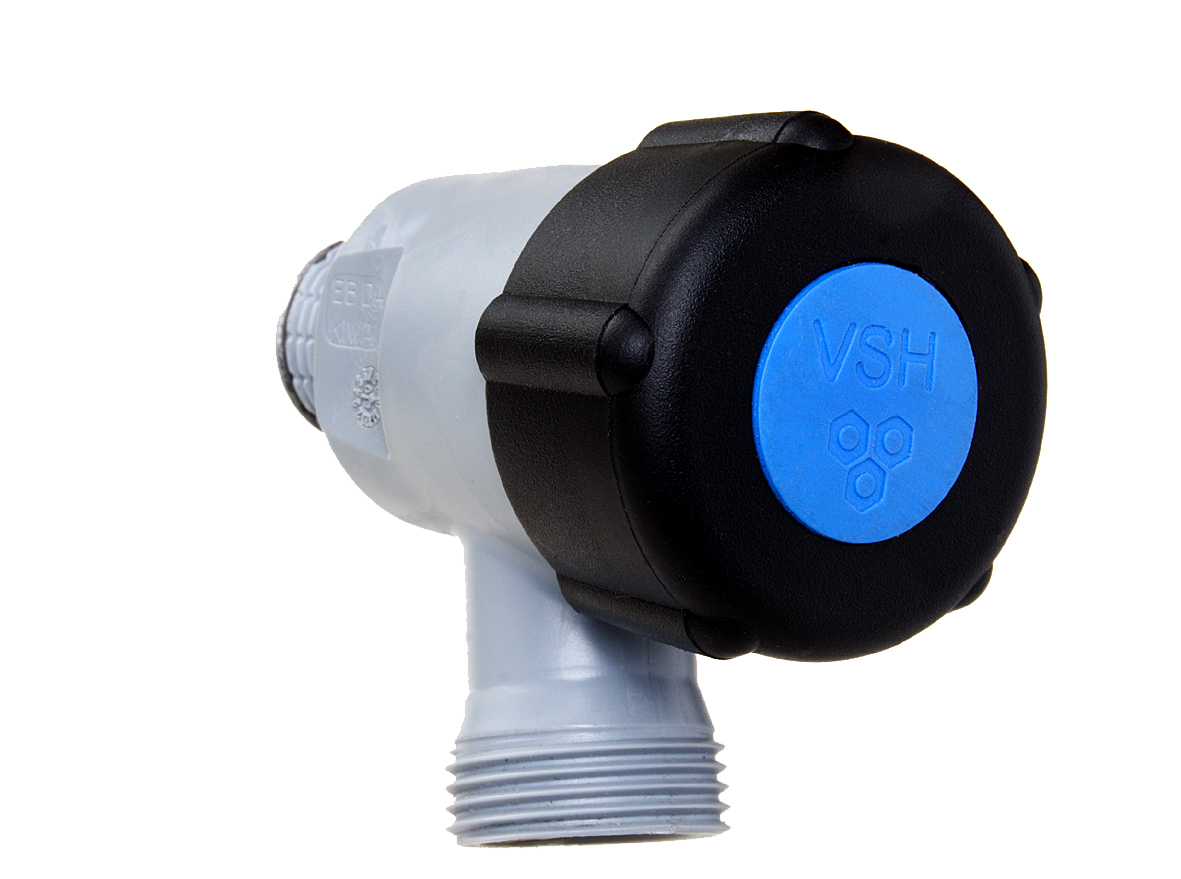






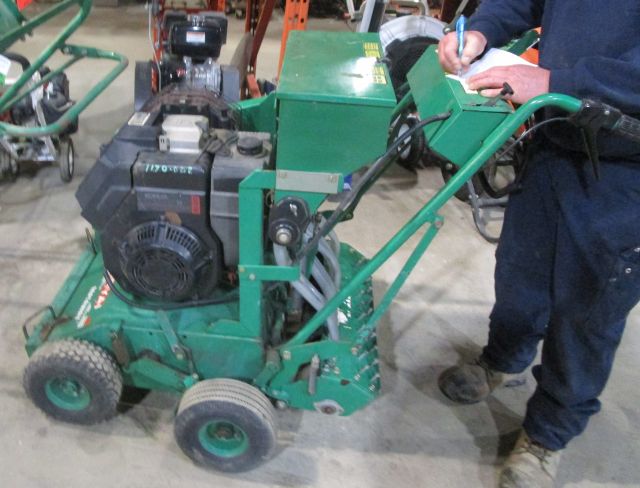


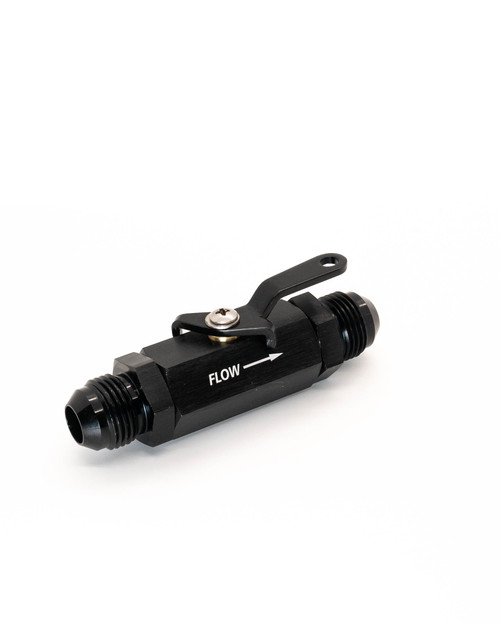
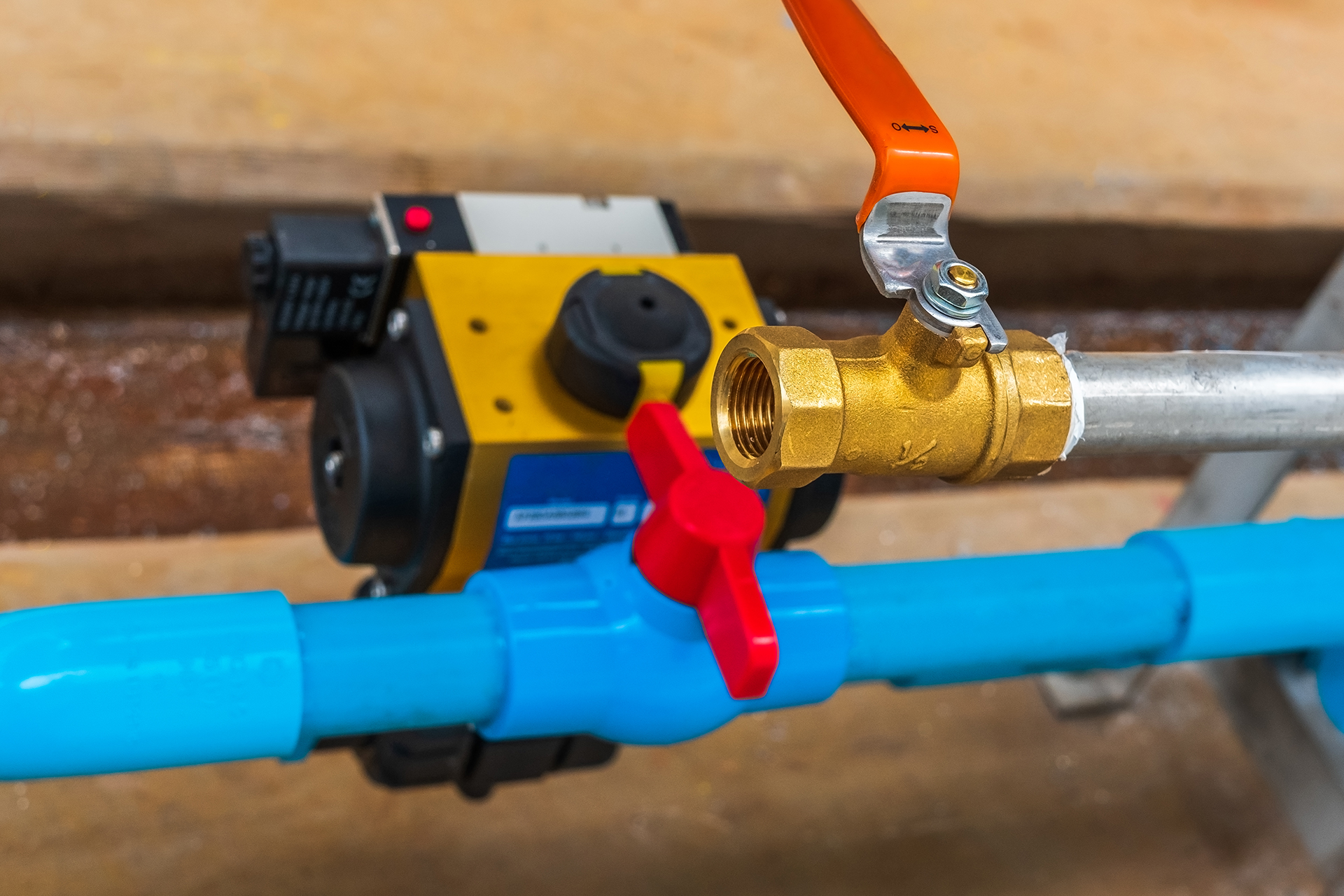
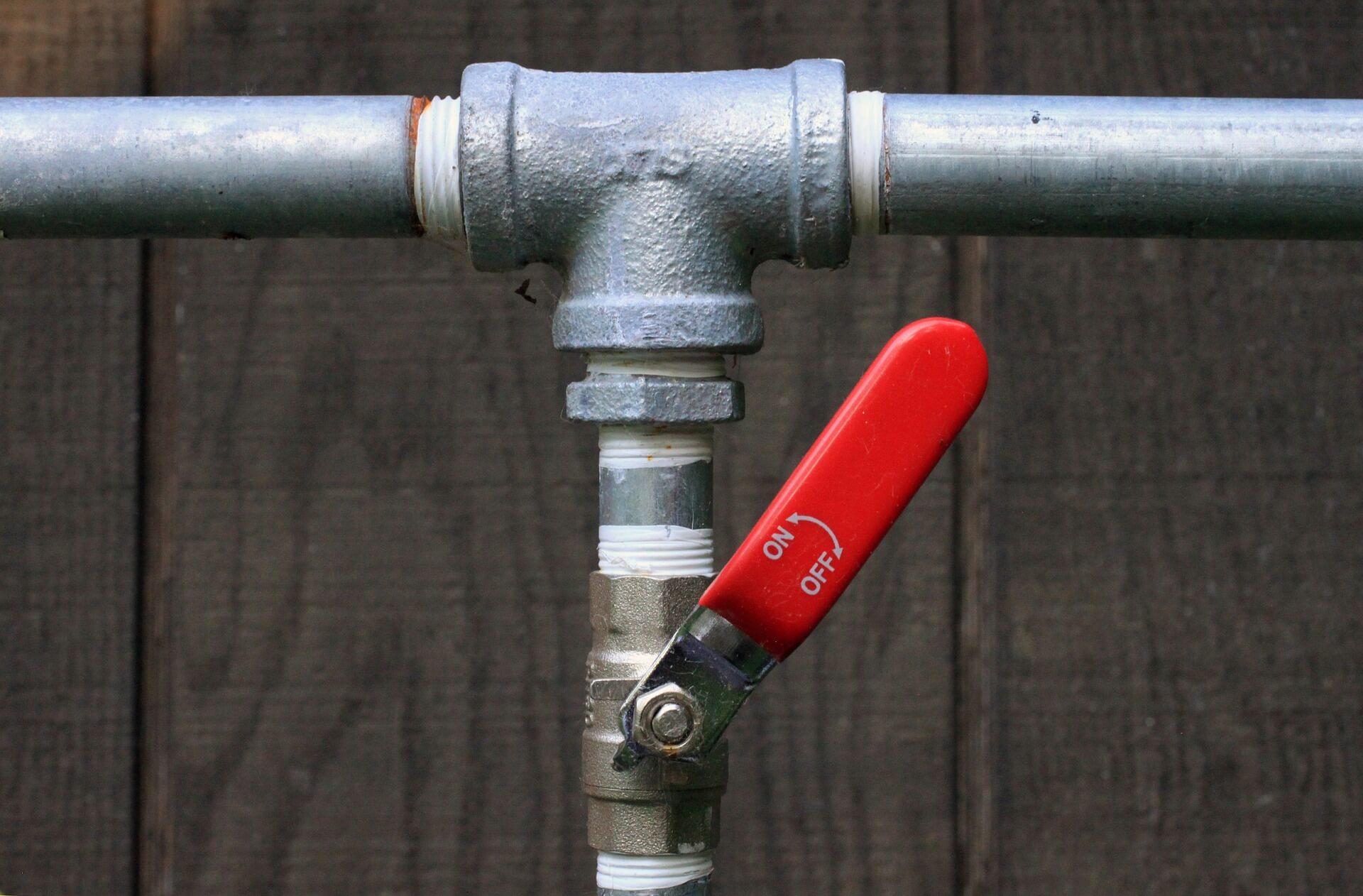

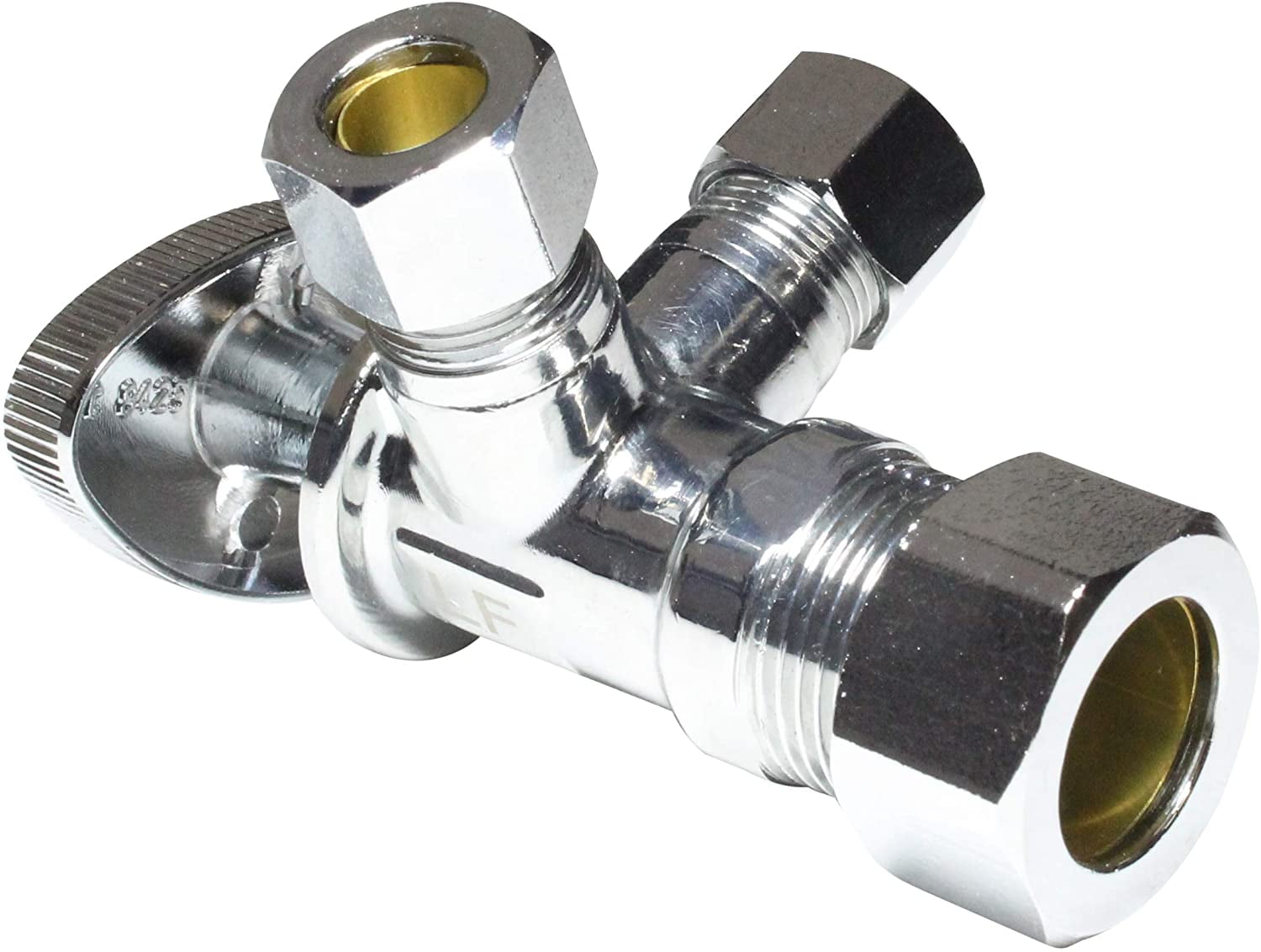






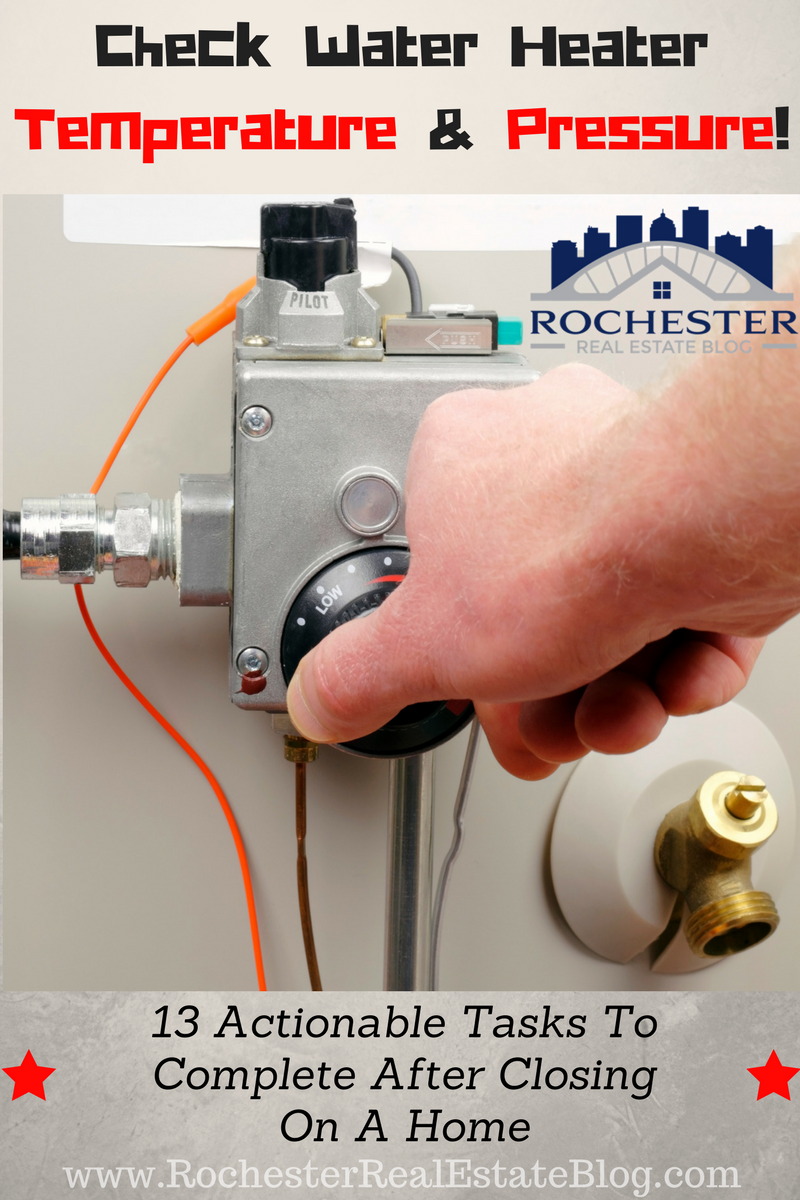
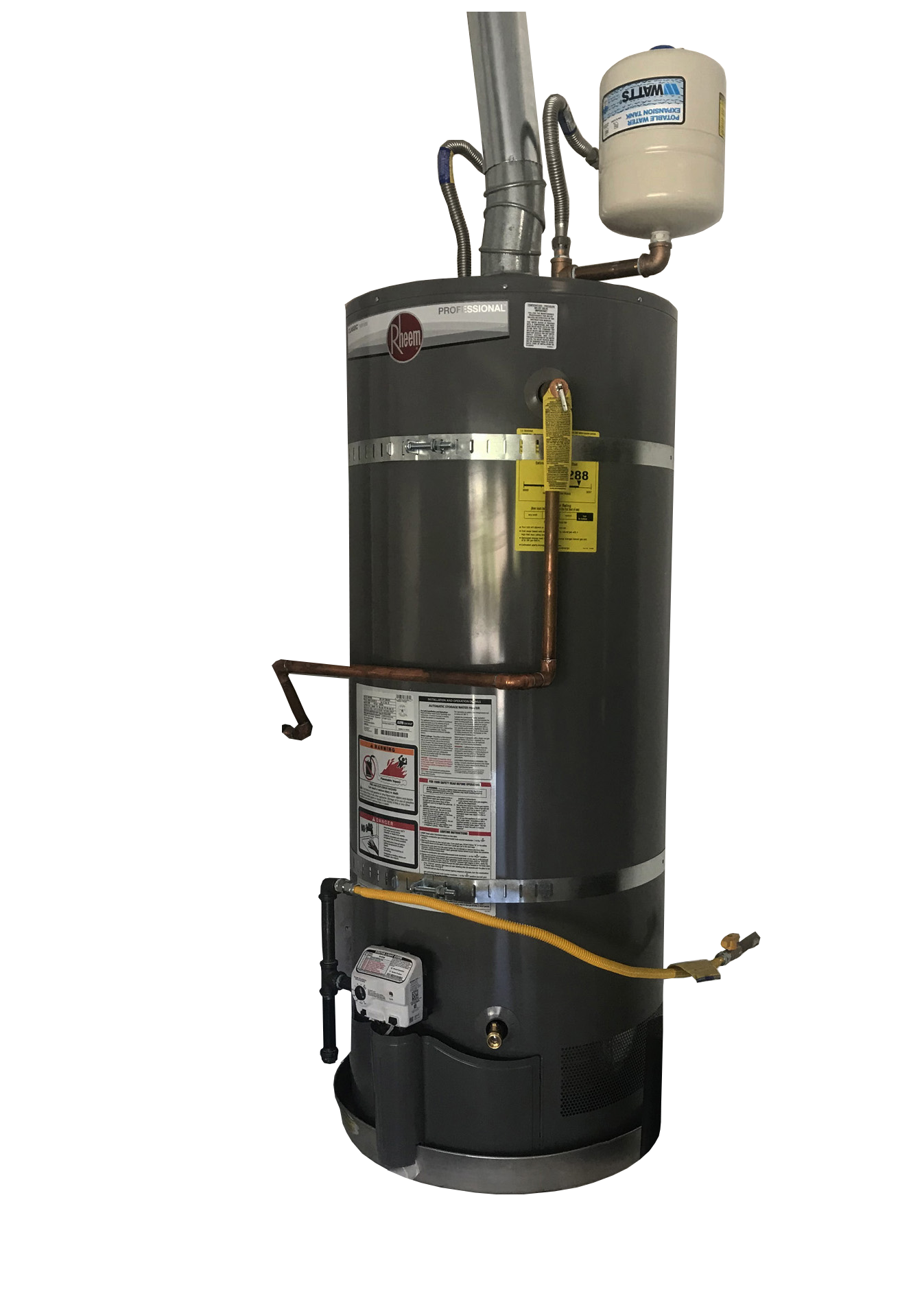



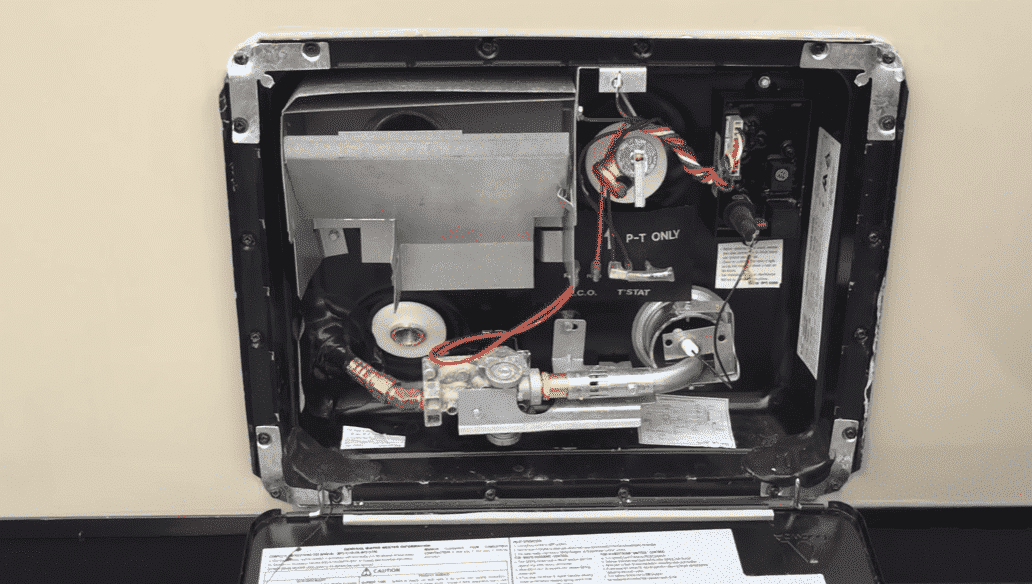
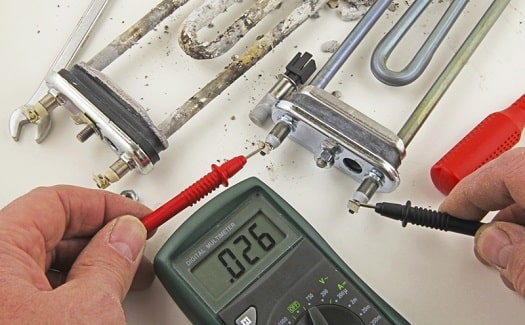

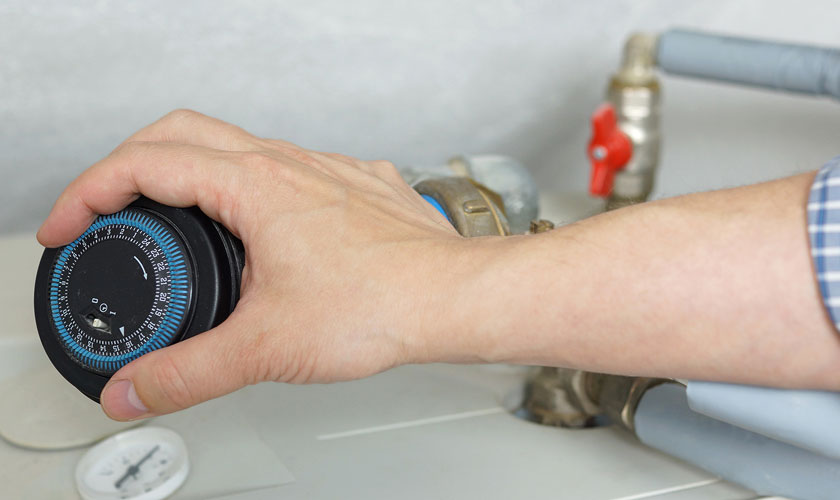


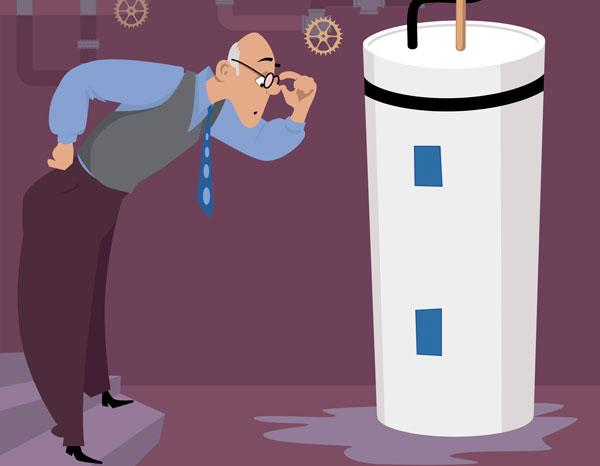

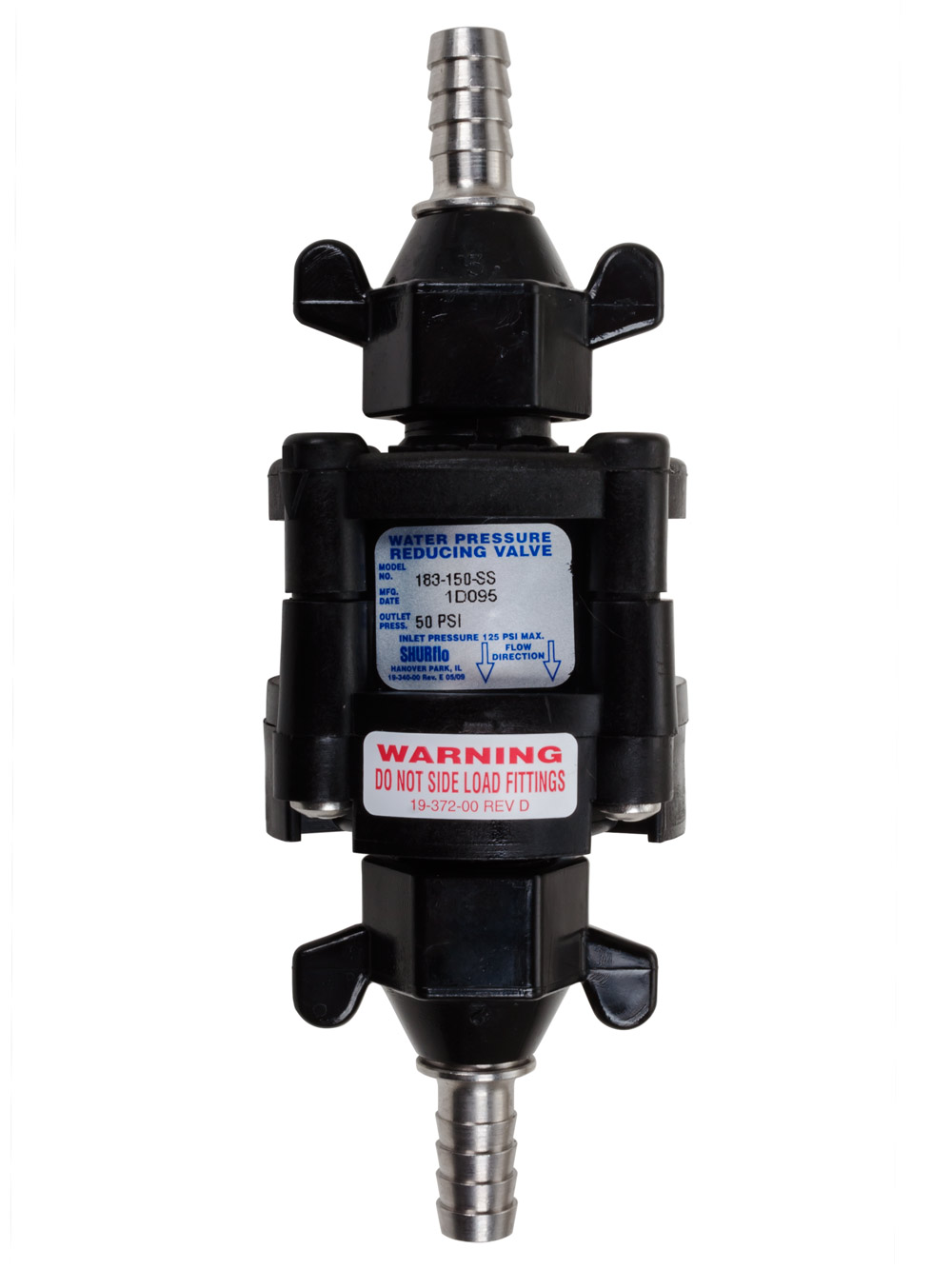

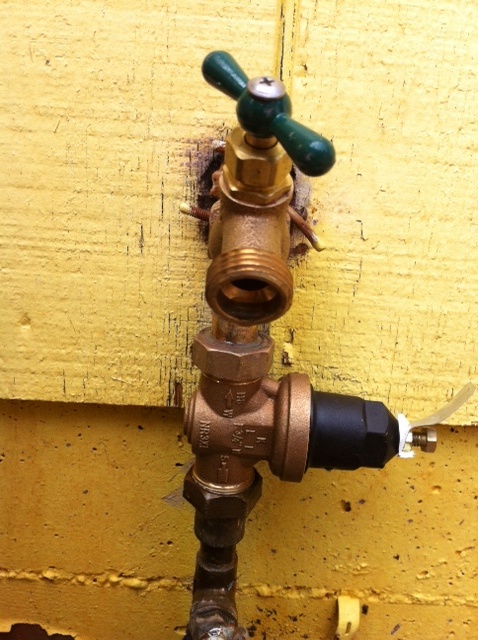
:max_bytes(150000):strip_icc()/the-men-s-hand-opens-the-ball-valve-on-the-collector-1006810456-5c5fc73fc9e77c000159c4af.jpg)


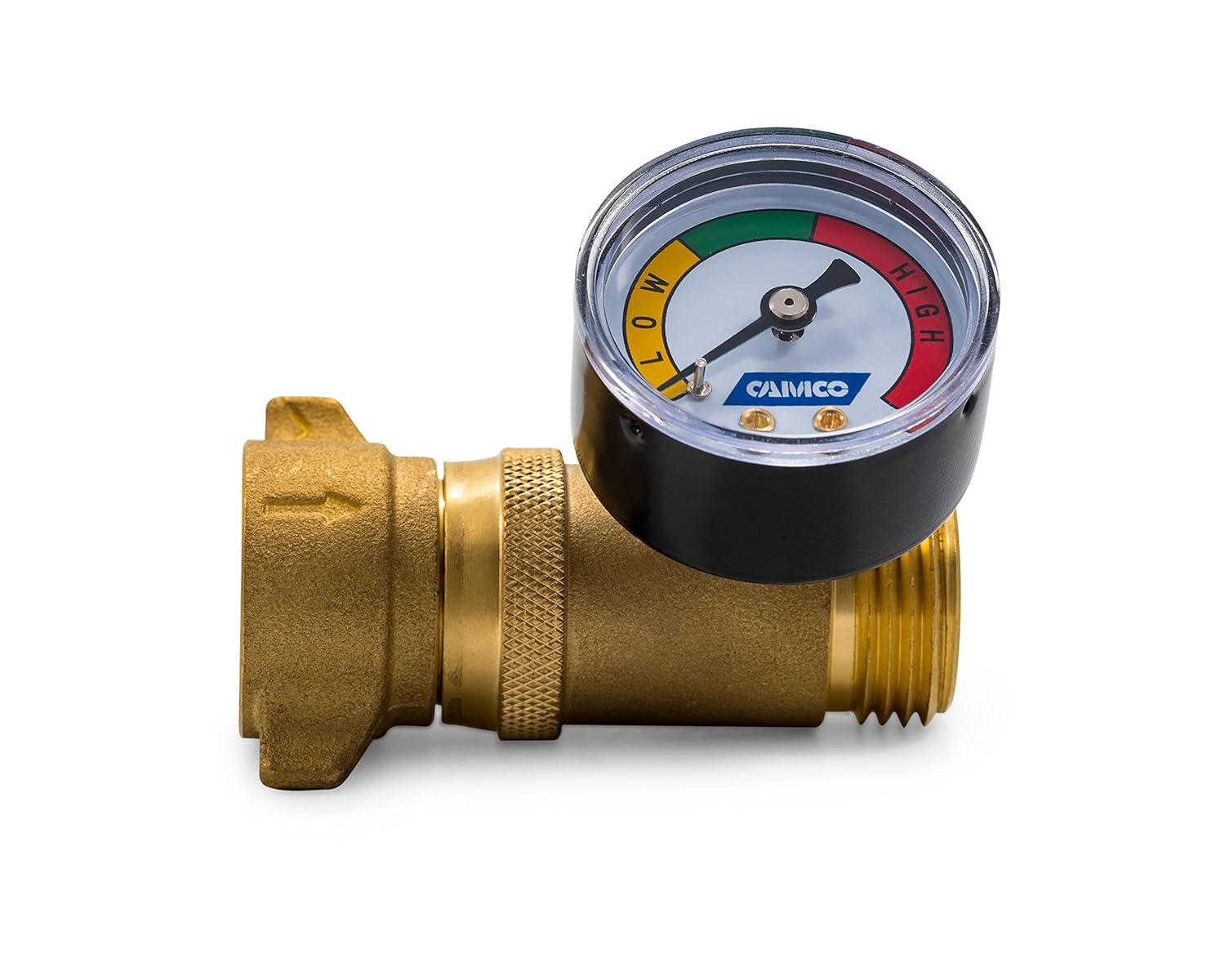
:max_bytes(150000):strip_icc()/testing-water-pressure-in-your-home-2718692-04-c37ab3236d0d4b61b87079ebf9ef823e.jpg)
